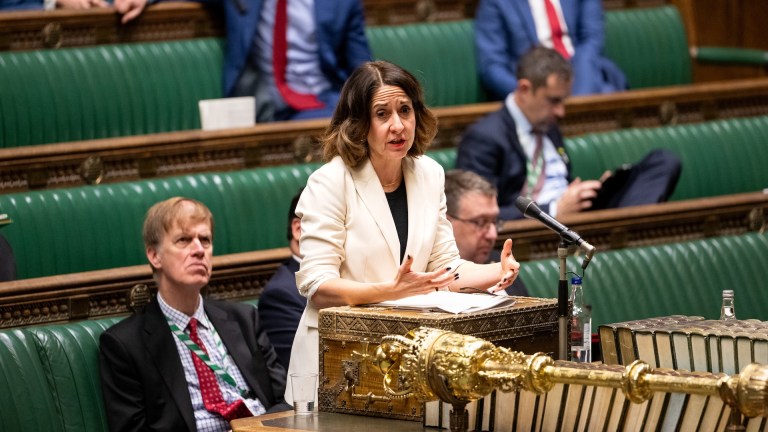Plans to force universal credit claimants working part-time to take on more hours have been slammed by mothers’ rights campaigners.
Under a shake up of the system by chancellor Kwasi Kwarteng, claimants working under 16 hours a week and earning minimum wage will have to meet regularly with their work coach and take “active steps” to increase their hours or face having their benefits cut. Around 40 per cent of people on universal credit are already employed.
The move has been criticised by working mothers group Pregnant Then Screwed, which said it does “nothing to improve the infrastructure which would enable mothers to work longer hours”.
The measures would “increase child poverty in one simple step” the group added.
Looking after children or incapacitated adults was the most popular reason given by women who work part-time, in a 2018 study of working aged adults in the EU by Eurostat.
For low paid working parents, the increased childcare costs necessary to enable them to increase their working hours practically nulls out the increased income, researchers at The Institute for Public Policy Research (IPPR) found in a new report published on Thursday.









